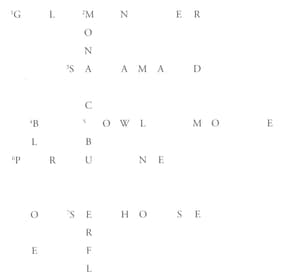Climate and Adaptation
Climate and Adaptation: Overview
This topic covers concepts, such as, Adaptation to Climate, Habitat, Weather Pattern & Tropical Rain Forest etc.
Important Questions on Climate and Adaptation
How human beings are responsible for environmental pollution in Antartica?
Give one word:
Merging with surroundings to hide from the enemy.
Why birds are not seen in all seasons?
Are all birds seen during all season?
What causes weather patterns?
Define weather pattern.
The average weather pattern taken over a long time is called the _____ of a place.
Explain the relationship between the weather patterns of a place with its climate.
The average weather pattern taken over a long time is called the climate of the place.
The lion-tailed macaque lives in the _____ of the Western Ghats in India.
Make a list of birds that migrate to India.
Grasshoppers use camouflage for protection.
Chameleons have mitten-like feet to grasp branches.
Behavioural adaptation always happens over a long period of time.
Grazing close together in large groups protects herbivores from predators.
Fill in the information to complete the table below.
| Plants/Animal category | Adaptations | Examples |
| Desert plants | ||
| Plants that grow on hills and mountains | ||
| Aquatic plants | ||
| Insectivorous plants | ||
| Aerial animals | ||
| Desert animals | ||
| Arboreal animals | ||
| Aquatic animals |
Long, stiff hair between _____ of a polar bear's feet protects it from cold and prevents it from slipping on ice.
Have fun solving the crossword.
Across
1. It can store fat in its short and plump tail.
3. This animal is an amphibian.
5. It can use its tail for grasping and holding.
6. Protected by sharp spines.
7. A fish that can move its eyes independently of each other.
Down
2. It uses warning colouration for protection.
4. Dolphin breathes through this organ.

_____ adaptation happens over a long period of time.(Structural/ behavioural)
A giraffe usually sleeps standing up as it can take too long for a giraffe to get back up on its feet in case a predator comes within the reach. Can we call this a behaviour adaptation? Why or why not?
